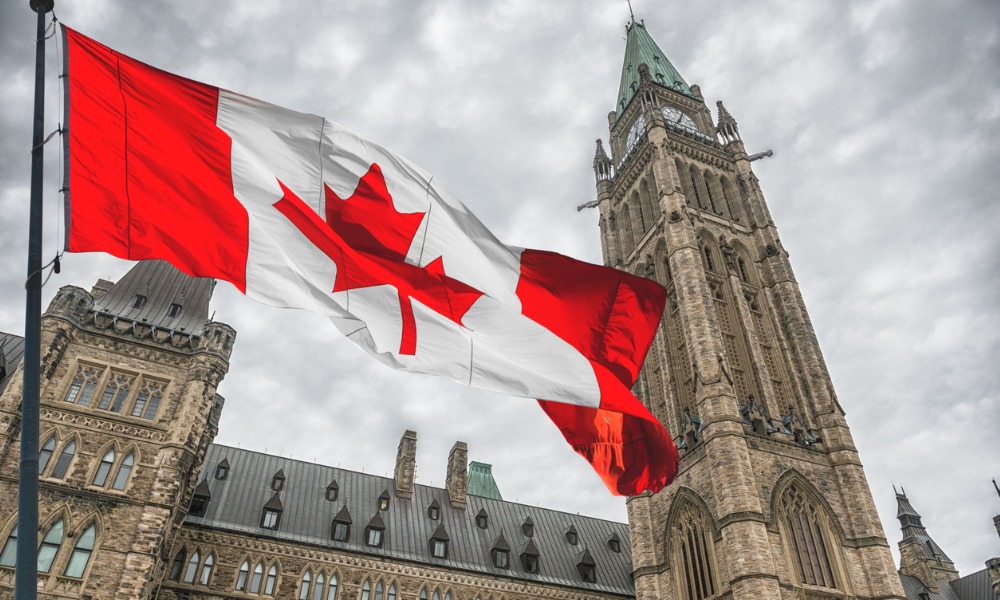'Unions are already threatening a 'summer of discontent,' and what does the government and opposition do in response? They vote to make it worse'

The federal “anti-scab” legislation has passed through the House of Commons and is awaiting reading in the Senate – with employers and unions at opposing sides.
Bill C-58: An Act To Amend The Canada Labour Code would restrict federally regulated employers, including airlines, banks, and telecom companies, from using replacement workers during strikes or lock-outs or face fines of $100,000 a day.
But the Canadian Federation of Independent Business (CFIB) is asking the government to provide “sober, second thought… to seriously consider the implications this bill would have on Canada's economy”.
That’s because the House of Commons vote on Bill C-58 “tilts Canada's labour laws even more heavily in favour of unions,” according to CFIB.
“If the legislation is passed and proclaimed, the current and future governments will deeply regret removing this important provision for employers keeping the economy moving during strikes or lockouts,” said Dan Kelly, CFIB president and CEO. “Unions are already threatening a ‘summer of discontent,’ and what does the government and opposition do in response? They vote to make it worse.”
“When work stoppages shut down essential services, such as federally regulated ports, railways and airports, it's small businesses, their employees and Canadians who pay the price.
Canada’s “anti-scab workers” legislation passed unanimously through the House of Commons on Monday. Bill C-58 – An Act to amend the Canada Labour Code and the Canada Industrial Relations Board Regulations, 2012 – cleared its final vote, garnering 317 votes in support from all parties, and no opposing votes.
Union calls for anti-scab bill to be passed immediately
Unifor, however, wants the bills immediately passed in the Senate.
“C-58 modernizes Canada’s labour relations system to reflect the current social and economic context of this country, where increased corporate power and wealth requires an effective counter-balance,” said Lana Payne, Unifor national president.
“This legislation is about protecting the right to fair and free collective bargaining, including the right to strike,” said Payne. “Workers have fought for generations to get to this day, but there is still a final step.”
The legislation was first introduced on Nov. 9, 2023. It passed second reading with all-party support, noted the Nova Scotia New Democratic Party (NSNDP). The House of Commons bill is now awaiting first reading in the Senate.
The push for anti-scab legislation is picking up steam in different parts of Canada. In March, the NSNDP tabled legislation to ban the use of scab workers in Nova Scotia during a legal workers’ strike or lockout.
Meanwhile, British Columbia and Quebec already have similar legislation that bans the use of scabs during a strike.




